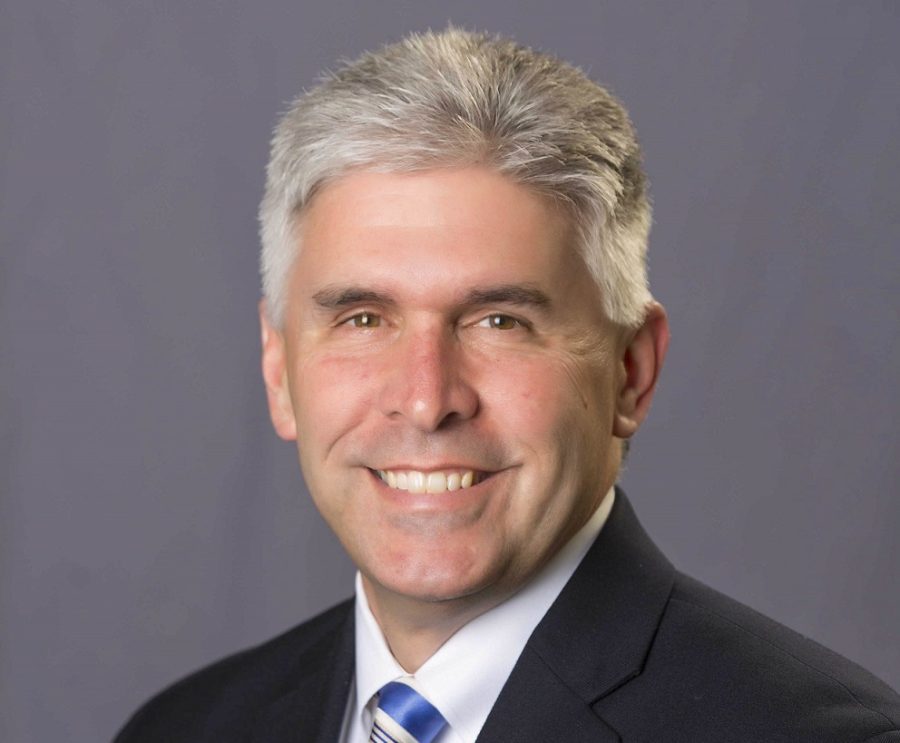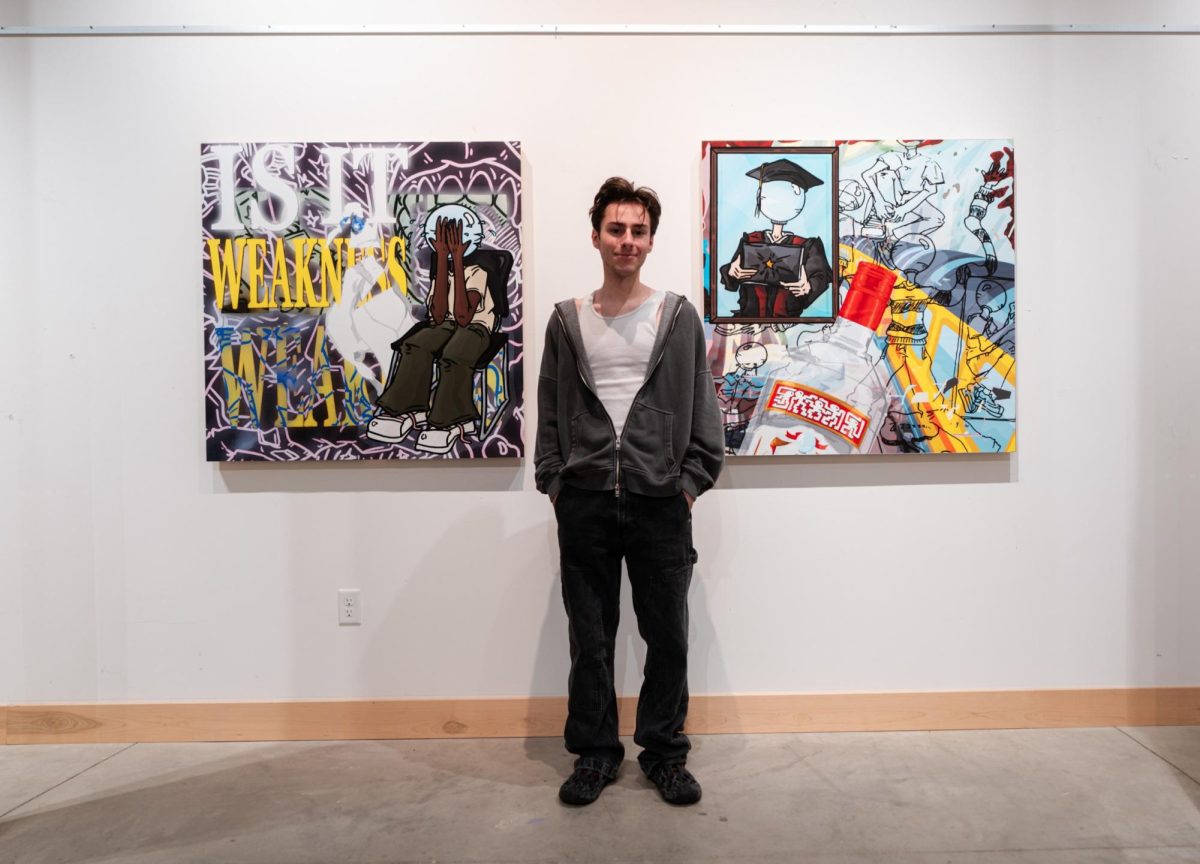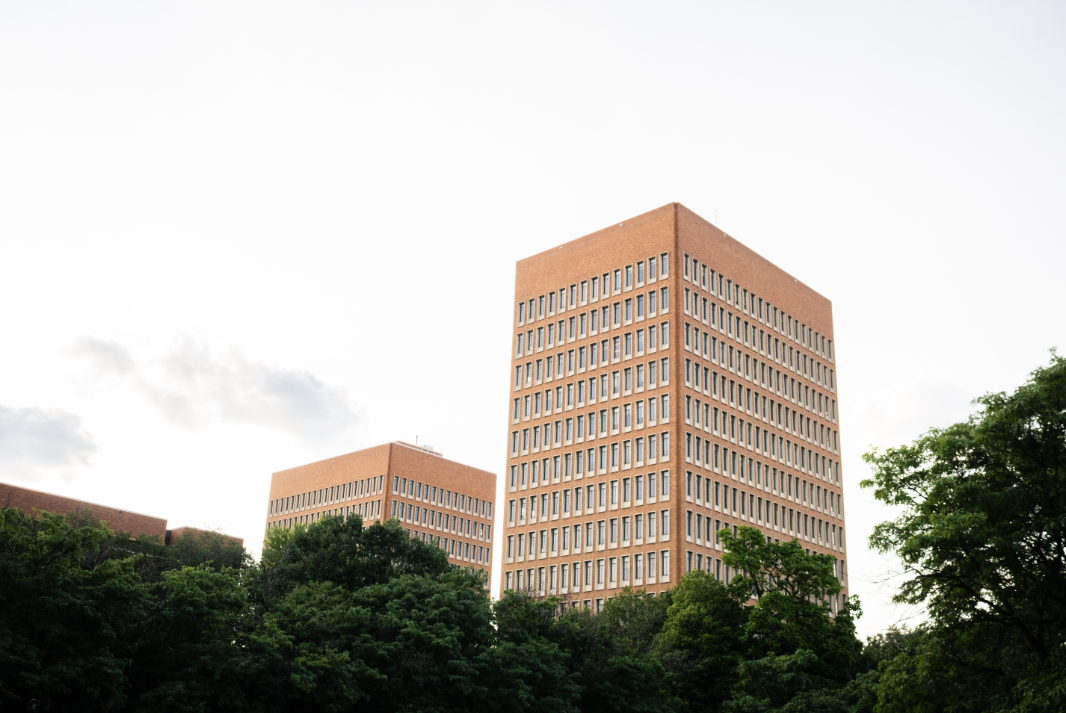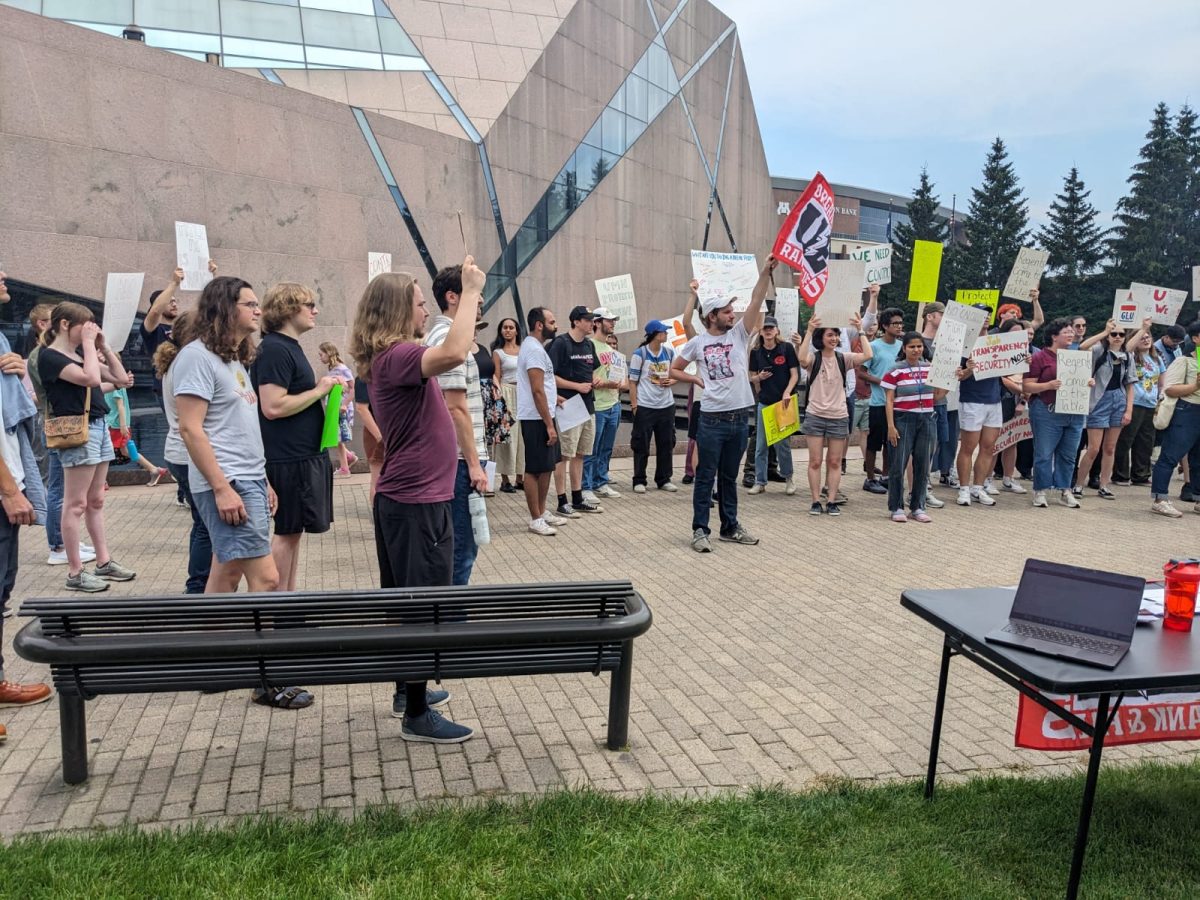This spring, the Minnesota Legislature will be electing candidates to fill four open seats on the University of Minnesota’s Board of Regents.
In January, the Regent Candidate Advisory Council (RCAC) at the Legislature recommended 12 candidates to move on to the regent nomination joint committee for the next step in the selection process. The joint committee, composed of representatives and senators from the higher education budget and policy divisions, will choose candidates to recommend to state lawmakers during the joint vote session.
The deadline for the joint committee to make their recommendations to the Legislature is Tuesday.
There are four seats up this year: Congressional Districts 2, 3 and 8 and an at-large seat.
Six candidates for the Districts 2 and 3 positions answered questions from the Minnesota Daily about their campaigns for the board and how they intend to serve as regents if elected.
District 2 (Joe Atkins and Robyn Gulley)
After completing his undergraduate education at the University and receiving his law degree from Mitchell Hamline School of Law, Joe Atkins served as the mayor of Inver Grove Heights and a DFL state representative. As a state policymaker, he helped pass legislation involving the University and students throughout Minnesota. He is currently in his seventh year as a Dakota County commissioner.
Also running for District 2 is University alum Robyn Gulley. She received a master’s in public policy from the Humphrey School of Public Affairs. In 2018, Gulley founded New Brookwood Labor College, which provides education to address racial, economic and social imbalances of power. She currently serves on the West St. Paul City Council and co-chairs Local Progress Minnesota, an organization of elected officials throughout the state who share policy ideas and outcomes.
District 3 (William Humphries, Bill Luther, Mary Turner and Penny Wheeler)
William Humphries came to the University in 1978 to play football. After graduating with his bachelor’s, he worked in sales and as a stockbroker. Since 2009, Humphries has been an operating partner for his franchise group, which includes several Five Guys and Crisp and Green locations. He has served on multiple boards, including “M” Club, Camp Friendship and the NBA’s Fathers Association. Humphries is the father of former Gopher and NBA player Kris Humphries.
After earning his undergraduate degree and legal education from the University, Bill Luther worked as an attorney and started his own law firm. He served in both the Minnesota House and Senate as a DFL legislator and was the Senate’s assistant majority leader for a decade. In 1994, Luther was elected to the U.S. House of Representatives, where he sat on the Committee on Science and the Commerce Committee. He currently serves on the board of the national Office of Congressional Ethics.
Mary Turner is the president of the Minnesota Nurses Association (MNA) and has served a variety of other roles in the organization. She is currently an ICU nurse at North Memorial Medical Center and previously worked at Abbott Northwestern Hospital for 10 years. Turner was selected by President Joe Biden to serve on his COVID-19 Health Equity Task Force in 2021 and currently serves on the board of Isuroon, an organization that works to improve health and economic outcomes for Somali women and girls.
Penny Wheeler was the first female CEO of Allina Health and received both her bachelor’s and medical degrees from the University. She worked as an obstetrician and gynecologist with Women’s Health Consultants and at Abbott Northwestern Hospital for nearly 30 years. Wheeler has served on multiple governing boards, including the University of Minnesota Foundation Board.
Why are you running for the University of Minnesota Board of Regents?
Atkins: “I was the first generation on my mom’s side ever to go to college, let alone graduate, and it made a huge difference in my life. As a legislator, I carried a number of bills on behalf of the University. I have a great affinity for it [the University], but frankly, my message is one of tough love. It seems like the board has engaged in or experienced one preventable headache after another, and I believe that greater public engagement and greater relationships could help be a solution.”
Gulley: “I’ve had a strong relationship with the University for a long time. I started there as a graduate student in 2006 and I did my master’s of public policy at the Humphrey School. It was a life changing experience in a lot of ways. When I think about the University…it’s our land grant institution; it is the place where we should be educating the folks who want to make a difference in Minnesota. I think we need to create more pathways for folks to get involved and more ways for people to see themselves in the University.”
Humphries: “As a former Black football player, I always felt that there was no one that I could identify with within the athletic department. We as Black stakeholders are overrepresented in the revenue-production [of] sports but are underrepresented in decision-making positions. I aspire to access and equity in important roles at the University, where decisions are made. I also want to push for accountability and transparency within the University administration and the Board of Regents.”
Luther: “I am a two-time graduate of the University, and I am at a point in my career where I want to use my expertise from my life to benefit the University. In Congress, I gained insight on rising tuition for students, and it has been a long-term concern of mine.”
Turner: “My hobby is advocating for my patients and the people of Minnesota. Students are under the same umbrella as my nurses, and being a regent would fall in line with what I love to do.”
Wheeler: “Because of the passion and commitment I have to this institution. I’m a triple Gopher and I’ve always stayed connected, whether it’s chairing a team, talking to a student group, teaching or doing a commencement speech. I have tremendous gratitude for this institution and the life it gave me.”
How would your background experience help you as a regent?
Atkins: “Not that every regent should be a former member of the legislature, but it sure helps to have one. There is a desperate need for greater communication with legislators and just greater communication generally with the public. It’s important to spend as much time in classrooms and lunch rooms and hearing rooms at the Capitol as it is to spend in the boardroom at the University.”
Gulley: “I have a long history with the University. I was there for more than a decade as a student and then in a number of different roles. I’ve also worked in other kinds of educational institutions where I’ve seen different ways that we can create accessibility and create pathways for people who want to learn.”
Humphries: “As the past president of the letterwinners club at the University, I was instrumental in making some sweeping changes for our members. Under my direction, we created a joint ‘M’ Club for both men and women letterwinners and awarded varsity letters to women who were only recognized as recreational athletes despite officially representing the University. I also have an extensive background in financial matters as a former financial advisor and current business owner of Crisp and Green, Five Guys and Dave’s Hot Chicken.”
Luther: “I’ve had 20 years at the Minnesota Legislature and eight years in Congress. It prepares you for challenging positions that are put before you. We need regents who are willing to ask tough questions of policy questions put before them.”
Turner: “I haven’t been on as many boards as my competitors, but I have traveled from one end of Minnesota to the other and talked to people in both the metro and rural areas…I know what our responsibilities are as board members.”
Wheeler: “The experience of leading a large, complex organization and the challenges that that presents will help me with this. As you lead, you understand that at the end of the day, it’s who you’re serving and why. Having been in a position to make those difficult choices helps me, and I’ve been committed to people who have been left behind traditionally…A land-grant university is meant to serve all.”
If you are elected, what values would you like to implement into your governance style?
Atkins: “Every decision I would make would be surrounded by the issue or the question of what’s best for students, and then the derivative of that is what’s best for the employees that enable those students to have a good experience. So that makes the decision-making fairly straightforward.”
Gulley: “One of the things that I have experienced over and over at the University is that the regents are not accessible. I would like to see that change. One of the most basic things that we could do would be to have a public comment session. Dissent is a powerful way for people to be engaged and to show that they care about things and that it’s not a dangerous dynamic…it’s actually really important to hear that from people and it invites a conversation.”
Humphries: “My governance style is a result of growing up in a 15-member family, whereas I was number nine. I learned to work with both my elder and younger siblings to bring about results that benefited both. I think there can be winners on both sides, all it requires is some give and take. I like to collaborate with others who may have a different viewpoint. This is how I govern my various business interests.”
Luther: “There needs to be more accountability and input from stakeholders. When you serve in an elected office, you get tons of input on a regular basis and I’d like to see much more of that, or it [the board] becomes too isolated. I want to make it better than it is.”
Turner: “Regents are elected and then never seen or heard from again. My dream would be to be recognized by students. I am not big on having a big stack of information placed in front of me…There are seven sides to every story and having open communication with students is important.”
Wheeler: “Openness to being able to listen and learn about what the real challenges are. They always talk about leaders having thick skin. I’d say leaders should have thin skin to try to deeply understand what people are feeling. Openness, humility and courage are the things I’d like to bring as values into the role, those are the things that matter most to me.”
If you are elected, how do you plan to connect with students, faculty and staff members at the University?
Atkins: “I have a history of performance, not promises, and connecting with people. I’m now on my 104th meeting as an elected official, and I’d like to bring that to the University. There should be public comment, hearings and listening sessions held with students and stakeholders as well as getting out of the boardroom and heading to the classrooms and hearing rooms.”
Gulley: “ I would love to see a public comment session where people can come in and say the things that they need to say to the regents, but I think there has to be more than that. One thing that makes a big difference in City Council are council recap videos. That kind of opportunity to talk about what’s happening in these meetings really matters, and I don’t remember ever having a sense of what the regents were actually talking about from month to month.”
Humphries: “There are several ways to connect. The use of social media, email blasts and my preferred method of meeting in person. We can do that by creating focus groups and roundtables in hopes that all will get an opportunity to voice their concerns.”
Luther: “Having open mic sessions would be very helpful as well as making yourself available in other ways at the University so students have an opportunity to have some say in the decisions impacting them. I don’t see these opportunities yet. Some of the decisions that are being made…you raise questions in your mind about how much input is being obtained from students.”
Turner: “I am already building a repertoire of people to talk to and will actively communicate with representatives from all of the campuses to stay informed.”
Wheeler: “I would try to use individual conversations, relationships, forums and comment periods to learn more. I just learned of surveys that have been conducted for the student body looking at all those different inputs to see if you can understand better the issues and the challenges and the voices of those who we serve.”
Candidate answers have been edited for style, clarity and length.



























